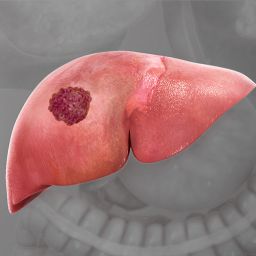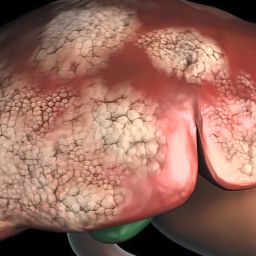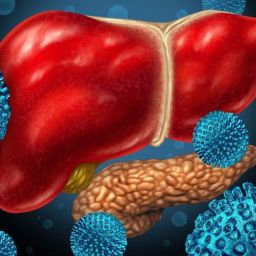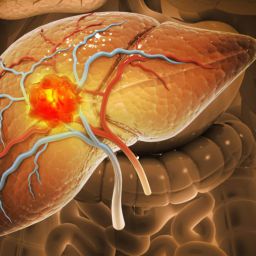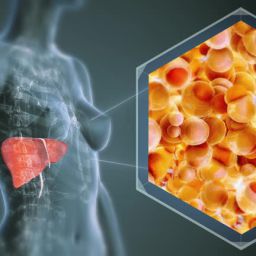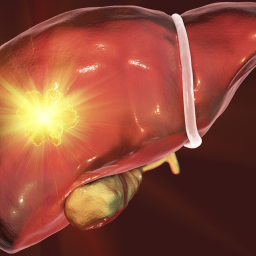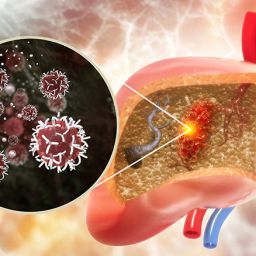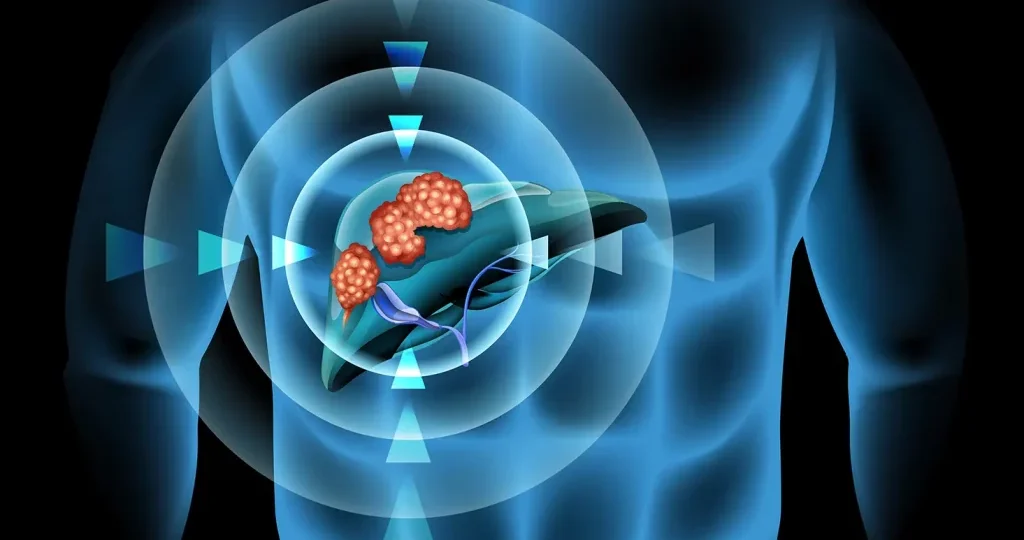
1. Understanding the Challenges of Liver Cancer
Liver cancer affects not only the physical health of the individual but also their emotional, psychological, and social well-being. The disease is often diagnosed at an advanced stage, when symptoms may already be severe. Patients often experience fatigue, weight loss, jaundice, nausea, pain, and other debilitating symptoms that can make daily life difficult.
Additionally, treatments such as surgery, chemotherapy, radiation, or liver transplantation can be physically taxing, leading to side effects like loss of appetite, nausea, and emotional distress. These factors can significantly diminish the patient’s quality of life. Therefore, managing liver cancer effectively involves more than just treating the disease – it is about managing symptoms, providing psychological support, and ensuring that patients maintain as much independence and normalcy in their lives as possible.
2. Physical Interventions to Enhance Quality of Life
2.1 Pain Management
Pain is a common symptom of liver cancer, especially in advanced stages. Managing pain is essential to improving a patient’s quality of life, as uncontrolled pain can lead to fatigue, depression, and a diminished sense of well-being.
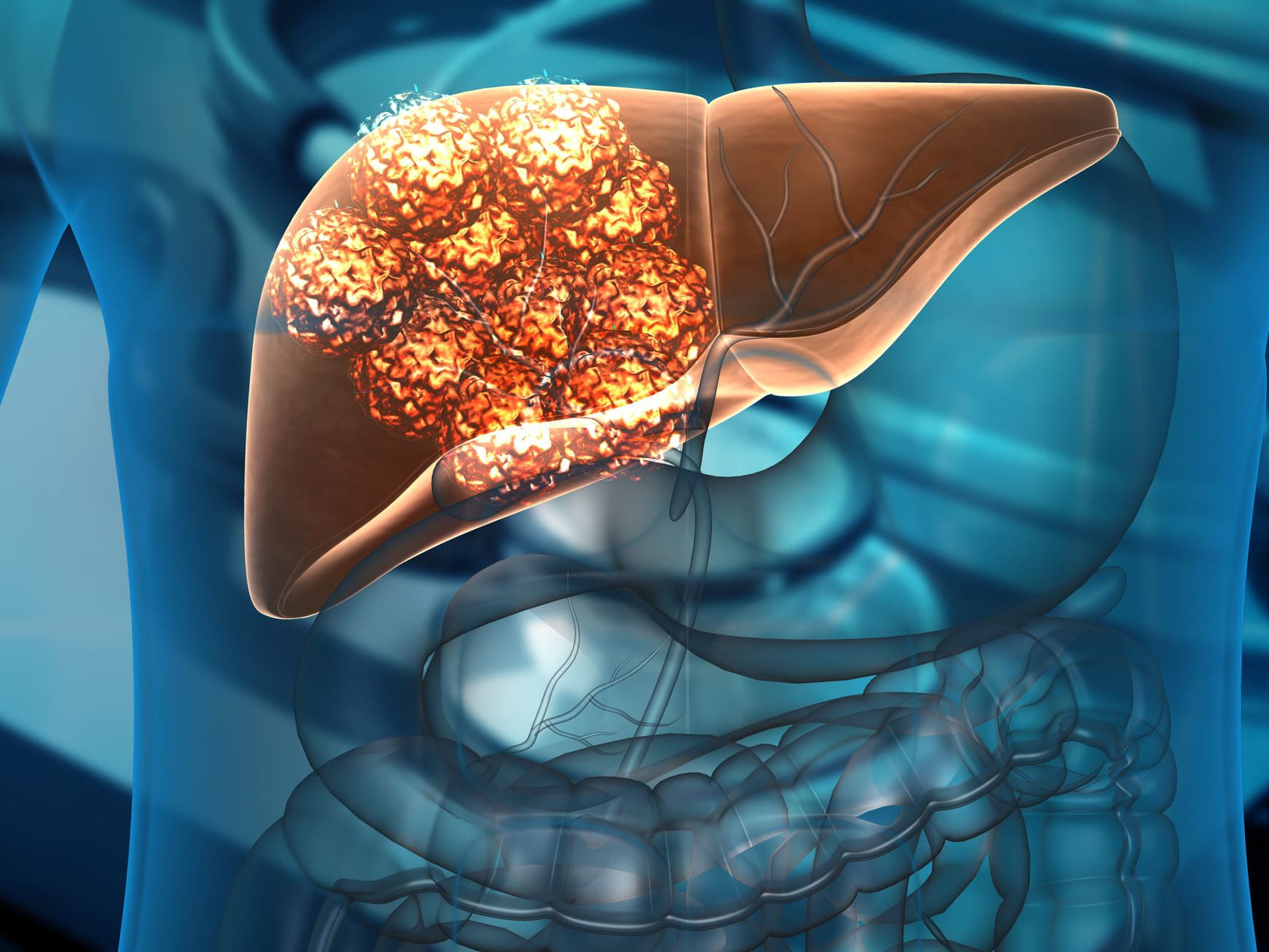
- Pain relief medications: Opioid analgesics, such as morphine, can help manage moderate to severe pain. For milder pain, nonsteroidal anti-inflammatory drugs (NSAIDs) or acetaminophen may be recommended.
- Adjuvant therapies: Antidepressants or anticonvulsants are sometimes prescribed to alleviate neuropathic pain.
- Palliative care: In cases where pain is not easily controlled with medication, palliative care teams can offer advanced pain management techniques, such as nerve blocks or radiation therapy, to target cancer cells directly.
2.2 Nutritional Support
Maintaining proper nutrition during liver cancer treatment is critical, as patients often experience weight loss, loss of appetite, and difficulty eating due to nausea or fatigue. A balanced diet can help patients maintain strength, improve immune function, and better tolerate treatments.
- Nutrient-dense foods: Liver cancer patients should focus on protein-rich foods (like lean meats, beans, and tofu) to preserve muscle mass and support healing.
- Smaller, frequent meals: This approach can help combat reduced appetite, with patients eating smaller portions more often throughout the day.
- Supplements: In some cases, dietary supplements may be recommended to fill nutritional gaps. Vitamin D, iron, and B vitamins are often considered for liver cancer patients, but this should be done under the supervision of a healthcare provider.
2.3 Managing Fatigue
Fatigue is one of the most common symptoms of liver cancer and a side effect of many treatments. The feeling of constant tiredness can significantly impact daily functioning and emotional well-being.
- Pacing activities: Encouraging patients to pace themselves throughout the day and avoid overexertion can help manage fatigue.
- Exercise: Light physical activity, such as walking or yoga, can increase energy levels and improve sleep patterns. Consult a healthcare provider before starting an exercise routine.
- Adequate rest: Ensuring adequate sleep and avoiding unnecessary stress can also help combat fatigue.
3. Psychological and Emotional Support
The emotional and psychological toll of liver cancer can be profound. Patients may experience a wide range of emotions, from shock and fear to anxiety and depression. A supportive environment is key to helping patients navigate these challenges.
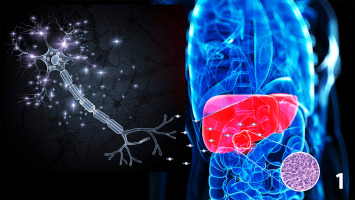
3.1 Counseling and Therapy
Psychological counseling is one of the most important tools in improving the emotional health of liver cancer patients.
- Individual therapy: One-on-one therapy with a trained psychologist can help patients process their emotions, address concerns about their diagnosis, and cope with the stress of treatment.
- Group therapy: Group therapy provides a supportive environment where patients can share experiences and learn from others facing similar challenges.
- Cognitive-behavioral therapy (CBT): CBT can be helpful for patients dealing with anxiety, depression, or feelings of helplessness. It teaches patients techniques to reframe negative thoughts and manage stress.
3.2 Support Groups
Support groups provide a sense of community and understanding. Patients can connect with others who have had similar experiences, which can reduce feelings of isolation. These groups can be in-person or virtual, and they offer emotional support, coping strategies, and advice from others who have gone through similar treatment journeys.
- Benefits of support groups: Sharing experiences and learning coping strategies can help alleviate feelings of isolation and provide emotional comfort.
3.3 Family Involvement
Liver cancer not only affects the patient but also their family members and caregivers. Involving family in the care process can enhance emotional support and alleviate stress for both patients and caregivers.
- Caregiver support: Training for caregivers and family members on how to support a loved one with liver cancer can help them understand the patient’s needs and manage the emotional challenges of caregiving.
- Open communication: Encouraging patients and their families to have open, honest conversations about the disease and treatment options can reduce anxiety and provide emotional reassurance.
4. Integrative and Complementary Therapies
In addition to traditional treatments, many patients seek complementary therapies to improve their overall well-being and manage side effects.
4.1 Acupuncture
Acupuncture has been shown to be effective in managing symptoms such as pain, nausea, and fatigue. It works by stimulating specific points on the body to restore balance and promote healing.
- How it helps: Acupuncture can reduce pain and nausea, and it may help alleviate anxiety and depression in some patients.
4.2 Massage Therapy
Massage therapy is another complementary treatment that can help relieve pain, reduce stress, and improve circulation, all of which can contribute to a better quality of life for liver cancer patients.
- Benefits: Regular massage sessions can help alleviate tension in muscles and improve overall relaxation, which helps reduce pain and anxiety.
4.3 Mindfulness and Relaxation Techniques
Mindfulness practices, such as meditation, deep breathing exercises, and progressive muscle relaxation, can help patients manage stress, improve their mood, and increase their sense of well-being.
- How it helps: Mindfulness reduces stress and anxiety, and it encourages a positive outlook on life. It can also promote better sleep, which is essential for cancer patients.
4.4 Herbal Supplements and Nutrition
Certain herbs and supplements, such as milk thistle, turmeric, and ginger, have been shown to support liver function and reduce inflammation. However, these should be used cautiously and under the guidance of a healthcare provider to avoid any interactions with cancer treatments.
- Caution: Patients should always consult their oncologist before using herbal supplements, as some may interfere with chemotherapy or other treatments.
5. Social and Lifestyle Support
Maintaining a sense of normalcy is vital for the emotional well-being of liver cancer patients. Encouraging patients to maintain their social connections, continue engaging in hobbies, and remain active in their communities can improve their outlook and help them feel more in control of their lives.
5.1 Social Support Networks
Social isolation can negatively affect a liver cancer patient’s mental health. Maintaining connections with friends, family, and peers can provide emotional sustenance, comfort, and the strength to cope with the challenges of the disease.
- How it helps: Socializing and staying connected with loved ones can prevent feelings of loneliness and depression, providing a strong emotional support network.
5.2 Engaging in Hobbies
Encouraging patients to continue doing activities they enjoy, such as reading, gardening, or crafting, can provide a sense of accomplishment and joy.
- How it helps: Hobbies provide a distraction from illness, improve emotional well-being, and help patients maintain a sense of identity beyond their diagnosis.
Improving the quality of life for liver cancer patients requires a holistic approach that addresses both physical and emotional needs. By focusing on pain management, nutrition, emotional support, and integrative therapies, healthcare providers can help patients maintain their strength, reduce stress, and improve their overall well-being. Supporting patients through their cancer journey involves not just treating the disease but also enhancing their daily lives, helping them retain hope and dignity despite the challenges they face.
Each liver cancer patient’s journey is unique, and tailored interventions that meet their individual needs and preferences can have a profound impact on their quality of life. Families, caregivers, and healthcare professionals must work together to ensure that patients receive the support they need at every stage of their treatment, from diagnosis to survivorship.

